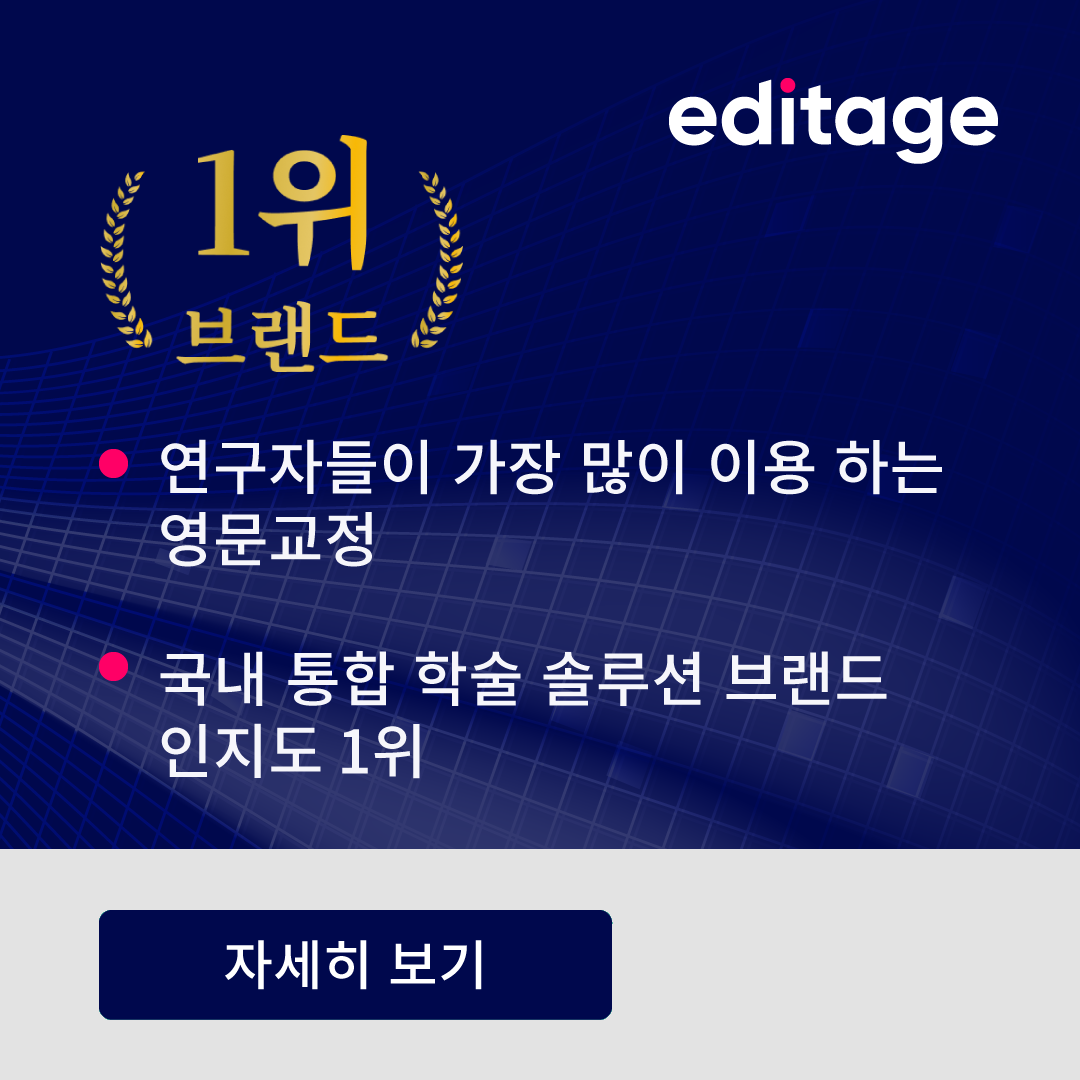In the highly competitive world of academic publishing, authorship related problems are increasing, with authors not getting credit for their work, disagreements between collaborators, and unethical authorship. In this article, I will give some examples of unethical authorship practices that result from increased pressure to publish.
Honorary, guest, and courtesy authorships
These terms refer to cases where authorship credit is given to people who have not contributed significantly to the study.
- Honorary authorship: A common example is the inclusion of the name of the department head or chairperson who only provided facilities and technical support. This practice is quite common among junior faculty members or researchers who feel obliged or pressurized to give their department head authorship credit. In many Asian countries, because of the hierarchical structure of professional communities and the culture of respect for seniors, honorary authorship is a common trend. On the other hand, it is not so common in western countries.
- Courtesy authorship: This refers to the inclusion of a fellow researcher or collaborator as a form of courtesy or to return the favor for them having offered you authorship on one of their papers.
- Guest authorship: An example is listing a well-known senior researcher as an author to improve the credibility of your study and increase its chances of acceptance.
Ghost authorship
Ghost authorship occurs when the name of a person who has significantly contributed to the study is excluded from the final manuscript. Here are some examples:
- Pharmaceutical companies employ external medical writers to prepare manuscripts describing their new drugs and products. However, these medical writers are neither listed as authors nor mentioned in the acknowledgements. Instead, a senior researcher from the field is listed as a guest author.
- Authors lacking writing skills sometimes seek the help of professional writing services to interpret the data or present the study in a more appealing manner that will increase the chances of manuscript acceptance. These professional contributors are often not acknowledged.
Inappropriate authorship involves both, undue credit to a non-contributor and no credit to a true contributor. Many examples of both types of authorship issues have been documented. In one case, a study published in the Iranian Journal of Allergy, Asthma, and Immunology in 2006, listing a senior scientist as the sole contributor, was later retracted after allegations of plagiarism. When the senior scientist was questioned, she admitted that a student had contributed to writing the article, and that she was unaware of the plagiarism.
Similarly, having your name as an author on a manuscript to which you have not contributed could also pose a risk to your scientific career if the paper becomes infamous. In a recent case from Spain, a study was scrutinized for reproducibility of data after the authors’ colleagues complained that the study methods were unethical. In the course of investigation, it was found that one of the authors listed on the manuscript did not exist (was not a real person!).
If you know of any other examples, or have experienced authorship realted problems, please share them with us.











